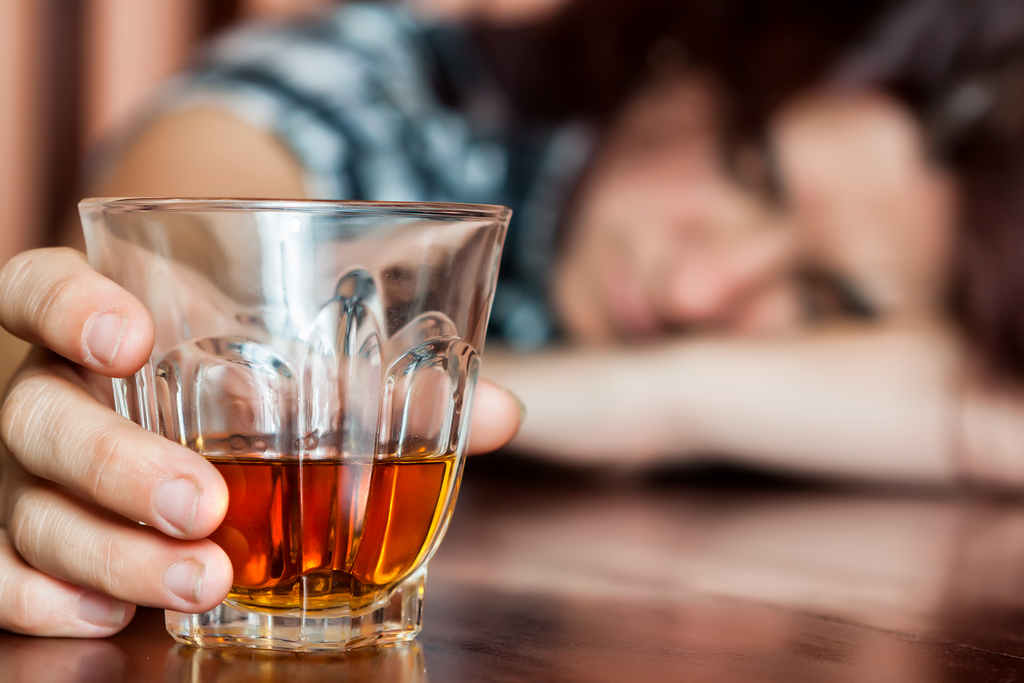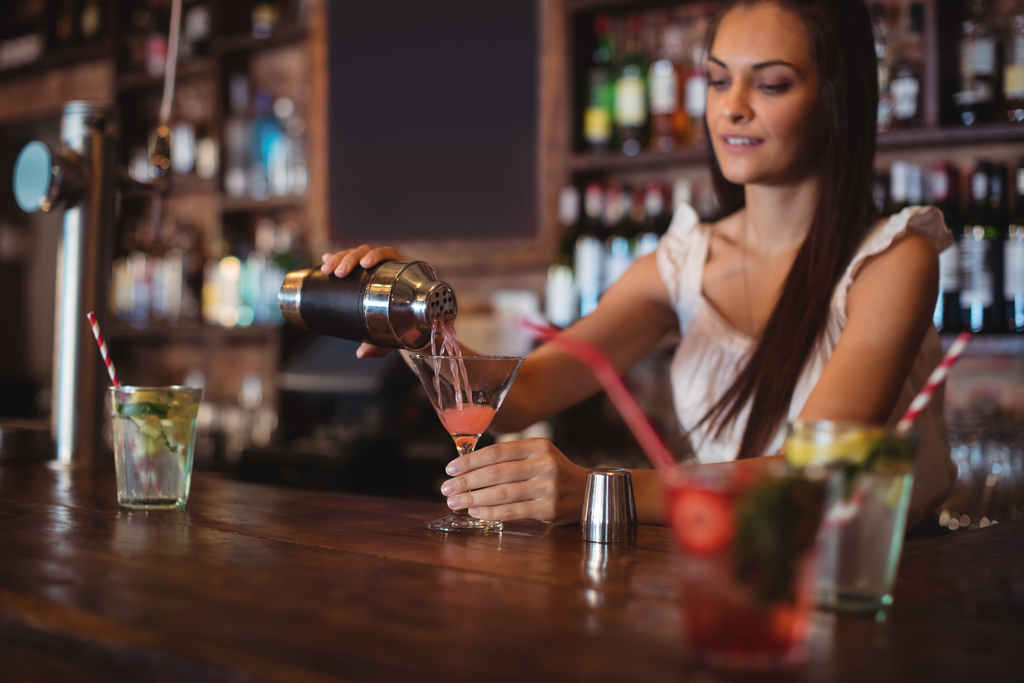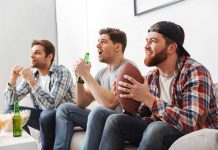Understanding dram shop laws and your liability are important if you own or work in an establishment that serves alcohol.
Under dram shop laws, an establishment that serves alcohol to someone after he or she is visibly intoxicated can be held liable for the damage the drunk person causes — where, for example, he or she drives drunk and hurts someone.

Introduction to Dram Shop & Social Host Liability
A dram shop (or dramshop) is a bar, tavern or similar commercial establishment where alcoholic beverages are sold.
Dram shop law, also called dram shop liability, is a way to prevent an establishment that makes a profit from selling liquor by putting profit over public’ safety.
Dram shop liability refers to the body of law governing the liability of taverns, liquor stores, and other commercial establishments that serve alcoholic beverages.
In simple terms, dram shop laws hold retail establishments liable for damages caused by serving alcohol to an obviously intoxicated patron – and in some cases – the owner of a bar, restaurant, tavern or other establishment can be sued if an intoxicated patron causes a car accident.
The majority of states allow for recovery when the defendant knew (or should have known) the customer was intoxicated. Some states have attempted to address this problem through more exacting tests. Many states impose liability on social hosts as well as commercial establishments. This related area of the law is known as social host liability.
- Employees who complete alcohol seller-server training are able to prevent sales to minors, recognize signs of intoxication, reduce liability, and effectively intervene in problem situations.
- State-Approved Training
- 100% online - No Classroom Attendance
- Download Certificate Upon Completion
Effects of Dram Shop Laws
According to MADD (Mother Against Drunk Driving), the effects are dram shop laws are:
- Dram shop liability laws reduce alcohol-related crashes.
- Dram shop laws increase publicity of the impacts of over-serving.
- Dram shop laws decrease excessive and illegal consumption.
- Dram shop laws do not decrease personal responsibility.
Intent of Dram Shop Laws
The intent of dram shop laws is to encourage bar owners to train employees to recognize when this point has been reached by a patron, and cut off any further service or sale of alcohol.
When this guideline is ignored, it becomes much more likely that a patron will leave the bar and cause some kind of harm to himself and/or others by causing an auto accident.
It might also be that the patron becomes belligerent with excess alcohol and engages in a fistfight with other customers at the bar. Both types of behavior are clearly unacceptable.

Which states have Dram Shop laws?
Dram shop laws vary from state to state, but 43 states enacted dram shop laws in some form in response to the large number of DUIs that cause catastrophic injuries or wrongful deaths. These laws allow some degree of liability against drinking establishments who allow visibly intoxicated patrons to drive away.
Dram Shop Laws by State – National Conference of State Legislatures
- States that do not have dram shop laws include: Virginia, South Dakota, Nevada, and Maryland.
- California has enacted a law specifically prohibiting civil liability of people, bars, and alcohol retailers that serve alcoholic beverages to those that subsequently cause injury or death to others.
State | Vendor Liability | Vendor Liability | Relevant Statutes/ Case Law |
Alabama | Yes | Yes | § 6-5-71, |
Alaska | Limited | Yes | § 04.16.030; |
Arizona | Yes | Yes | §§4-311; 4-301; 4-312(B) |
Arkansas | Yes | Yes | §16-126-103; §16-126- 104; |
California | No | Limited | BUS §25602; BUS §25602.1 |
Colorado | Yes | Yes | §§12-46-112.5; 12-47-128.5 |
Connecticut | Yes | Yes | § 30-102 |
DC | Yes | Yes | Case Law |
Delaware | No | No | |
Florida | Limited | Yes | § 768.125 |
Georgia | Limited | Yes | § 51-1-40(b) |
Hawaii | No | Yes | Case Law |
Idaho | Limited | Yes | § 23-808 |
Illinois | Yes | Yes | § 235 IILCS 5/6-21 |
Indiana | Yes | Yes | § IC7.1-5-10-15.5 |
Iowa | Yes | Yes | §§ 123.92; 123.49(1) |
Kansas | No | No | |
Kentucky | Yes | Yes | § 413.241 |
Louisiana | No | Yes | § 9:2008 |
Maine | Yes | Yes | 28-A MRSA § 2501 et seq. |
Maryland | No | No | |
Massachusetts | Yes | Yes | Case Law |
Michigan | Limited | Yes | § 436.1801(3) & (10) |
Minnesota | Yes | Yes | §340A.801 |
Mississippi | Limited | Yes | § 67-3-73 (2) & (4) |
Missouri | Limited | Yes | § 537.053 |
Montana | Limited | Yes | § 27-1-710 |
Nebraska | No | No | |
Nevada | No | No | § 41.1305 |
New Hampshire | Yes | Yes | § 507-F:1 et seq. |
New Jersey | Limited | Yes | §2A:22A-1 et seq. |
New Mexico | Yes | Yes | § 41-11-1 |
New York | Yes | Yes | §§ 11-100 & 11-101 |
North Carolina | Limited | Yes | §§ 18B-120 et seq. |
North Dakota | Yes | Yes | § 5-01-06.1 |
Ohio | Yes | Yes | §§ 4399.01, 4399.02, & 4388.18 |
Oklahoma | No | Yes | Case Law |
Oregon | Yes | Yes | 471.565(2); §471.567 |
Pennsylvania | Limited | Limited | 47 § 4-497 |
Rhode Island | Yes | Yes | §3-14-6; §3-14-7. |
South Carolina | No | Yes | Case Law |
South Dakota | No | No | §§ 35-4-78, 35-11-1, & 35-11-2 |
Tennessee | Limited | Yes | §57 10 101; §57 10 102; Case Law |
Texas | Limited | Limited | §2.01 et seq |
Utah | Limited | Limited | § 32A-14-101 |
Vermont | Yes | Yes | 7 § 501 |
Virginia | No | No | |
Washington | No | Yes | §66.44.200; Case Law |
West Virginia | Yes | Yes | § 55-7-9 |
Wisconsin | No | Yes | § 125.035, Case Law |
Wyoming | Limited | Yes | § 12-8-301 |
Safe Harbor & Liability Mitigation
Alcohol Seller-Server training can mitigate liability during a lawsuit involving intoxication by providing evidence of intent on the part of the establishment that serves and sells alcoholic beverages. This defense is called a “reasonable efforts defense” or “Safe Harbor”.
Although the “Safe Harbor” defense exists to protect employers, it is key that employers are both aware of and involved in the activities taking place in their particular establishment to avail themselves of this protection. Therefore, in order to attempt to stay within and be able to rely upon the “Safe Harbor” defense, providers of alcohol should, at a minimum:
- Require employee training with an approved training course.
- Confirm that employees have attended training and are re-certified as required.
- Maintain documentation of training of each employee who serves alcohol.
- Maintain written policies against the over-service of alcohol and develop procedures intended to prevent such over-service from occurring.
- Ensure compliance with the written policies and procedures that are put in place.
- Discipline those employees who violate the policies, up to and including termination.
Additional Resources:
- Dram Shop Laws by State – National Conference of State Legislatures
- Dram Shop Laws | LegalMatch Law Library
- Dram Shop – Wikipedia


























